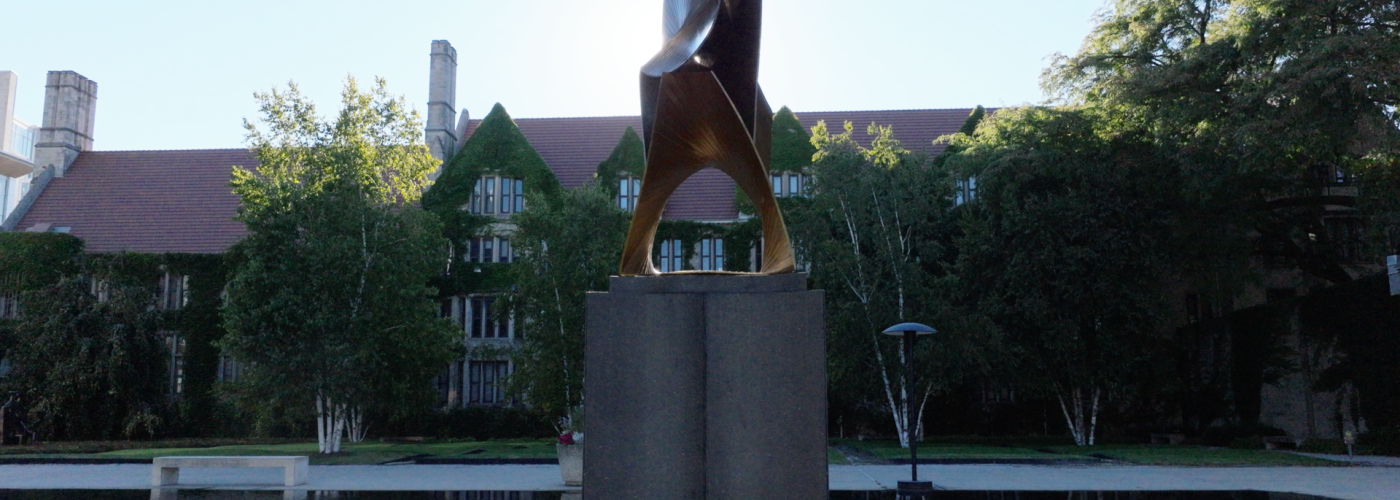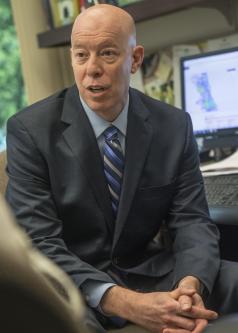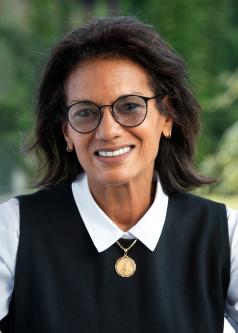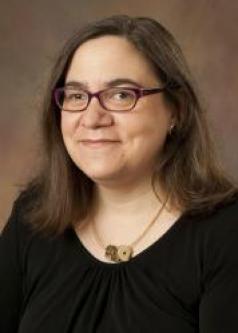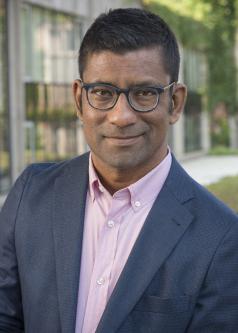News
On September 1, Clinical Professor Erica Zunkel became director of Clinical and Experiential Learning, overseeing the Law School’s 15 clinics.
Hailing from Seattle, Washington, Jordan Chernof is joining the Law School as a former software engineer at Microsoft. His background in computer science, which he studied as an undergraduate at the University of California, Berkeley, launched his career in tech—but the political and regulatory changes he witnessed in that industry inspired him to pivot to law school.
For Elisabeth Snyder, attending UChicago Law holds a special personal significance: not only is her father a Law School alum, but she just graduated from the University this past June with a Bachelor of Arts.
The stars aligned for Turner Stanton, JD/MBA ’26, who is spending his summer doing exactly what he’d hoped to do and where—working for Sidley Austin LLP in San Francisco, California, within the hub of biotech and AI technology innovation.
Taylor Begin, ’27, spent her 1L summer as a research associate at the Università Cattolica del Sacro Cuore in Milan, Italy.
Faculty in the News
A Chicago Sun-Times news article on police discipline in Chicago quoted clinical professors Craig B. Futterman and Sharon R. Fairley.
The article says that Chicago’s new police oversight chief “has repeatedly wiped out or dramatically scaled back recommendations to fire officers following pushback from the city’s top cop.
On July 8 in ChemImage Corp. v. Johnson & Johnson, the U.S. District Court for the Southern District of New York handed down a decision with important implications for contractual relationships that are currently governed by joint steering committees, and for structuring and incorporating joint steering committee provisions into strategic contracts in the future, writes Lisa Bernstein and co-authors Reginald Goeke and Brad Peterson in a Law360 "Expert Analysis" piece.
Perhaps the least interesting thing about the reported decision by US President Donald Trump’s administration to allow Nvidia and AMD to export high-end semiconductors to China in exchange for 15% of the revenues is that it is probably unlawful. More important is the window it opens onto how the presidency is using its national security powers not to advance the country’s interests, but for its own, narrower ambitions.
The UChicago Experience
Events
—
Online-Only Law School Event
Participating faculty: Curtis A. Bradley, Samuel L. Bray, Jennifer Nou, Adam Chilton
